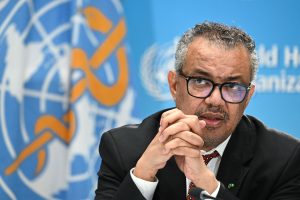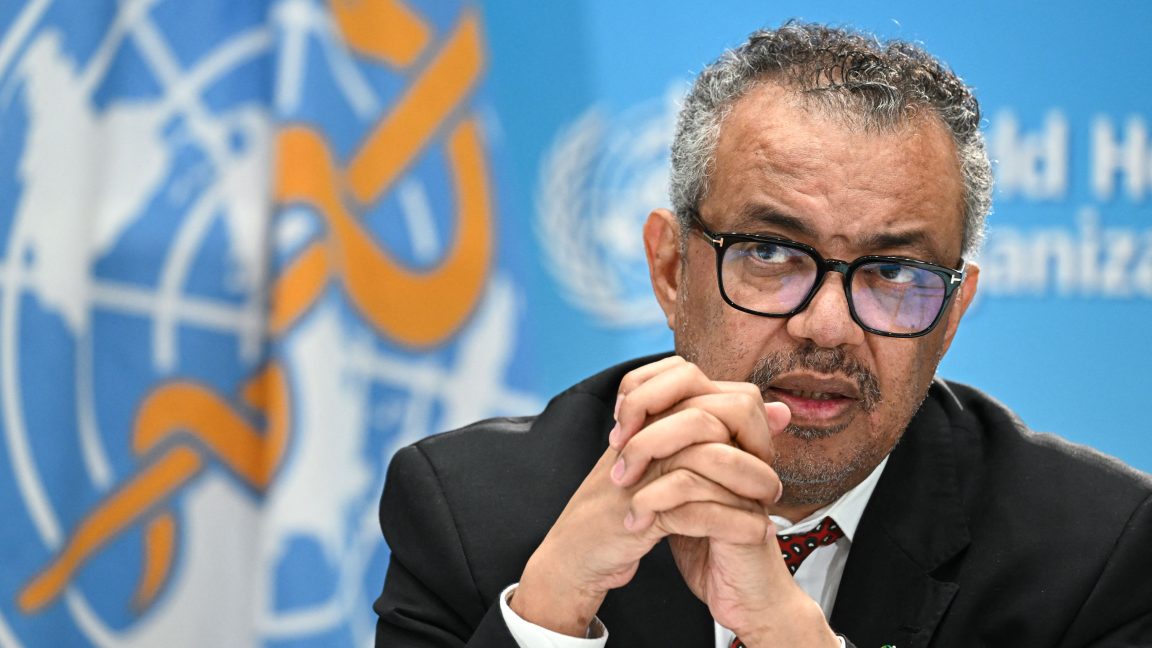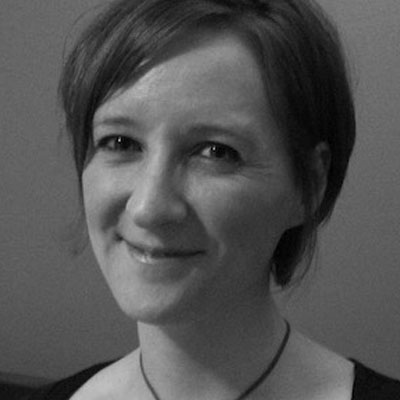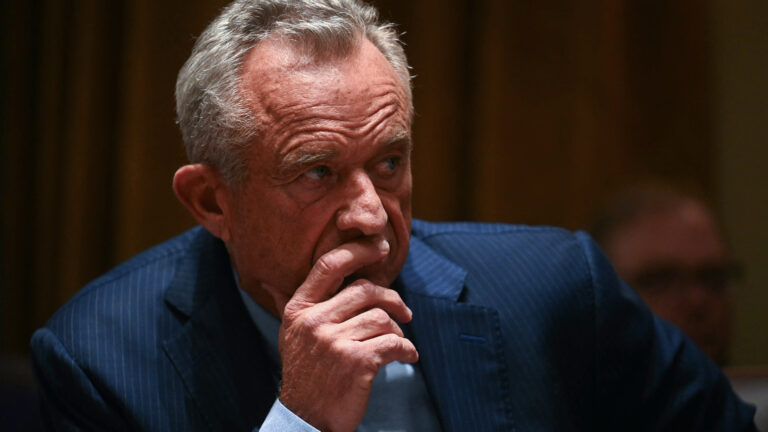The World Health Organization has begun cost-cutting measures in preparation for a US withdrawal next year, according to reporting by Reuters.
On his first day in office, President Trump signed an executive order to withdraw the US from the United Nation's health agency. The country was a founding member of the WHO in 1948 and has since been a key member of the organization, which has 193 other member states. The executive order cited Trump's long-standing complaints about the agency's handling of the COVID-19 pandemic, dues payments, and alleged protection of China as the reasons for the withdrawal.
In a statement on Tuesday, the WHO said it "regrets" the announcement and hopes the US will reconsider.
"WHO plays a crucial role in protecting the health and security of the world’s people, including Americans, by addressing the root causes of disease, building stronger health systems, and detecting, preventing and responding to health emergencies, including disease outbreaks, often in dangerous places where others cannot go," the statement reads. "For over seven decades, WHO and the USA have saved countless lives and protected Americans and all people from health threats. Together, we ended smallpox, and together we have brought polio to the brink of eradication. American institutions have contributed to and benefited from membership in WHO."
Under a 1948 Joint Resolution of Congress, a US withdrawal from the WHO requires a one-year notice period. A spokesperson for the United Nations confirmed to Reuters on Thursday that it received a notice from the US of its intent to withdraw dated January 22, making the formal withdrawal date January 22, 2026.



 Loading comments...
Loading comments...
